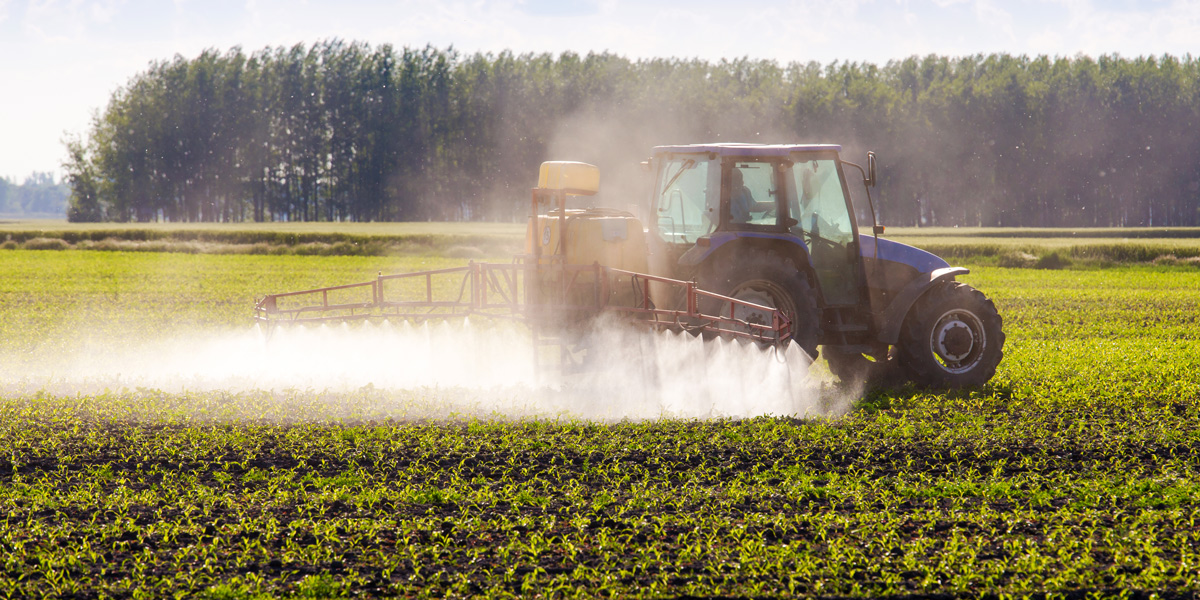
Findings demolish claims that GM glyphosate-sprayed crops have helped mitigate climate change by reducing need for ploughing
Remember how glyphosate and glyphosate-tolerant crops were supposed to mean an end to (or at least a drastic reduction in) tillage, mitigating climate change by reducing greenhouse gas emissions?
An important study has found that emerging weed resistance increases tillage intensity and greenhouse gas (GHG) emissions in the US corn–soybean cropping system.
Using a modelling approach, the researchers examined the change in tillage intensity across the US corn–soybean cropping systems during 1998–2016 and the impact of tillage intensity on soil GHG emissions. They found that tillage intensity first decreased and then, after 2008, increased, a trend that is strongly correlated with the adoption of herbicide-tolerant crops and emerging weed resistance.
The GHG mitigation benefit of decreasing tillage intensity before 2008 was more than offset by increased GHG emissions due to tillage re-intensification under the growing pressure of weed resistance. As weed resistance persists or grows, tillage intensity is anticipated to continue rising, probably increasing GHG emissions.
The results underscore the importance of an alternative strategy to control weeds, the researchers conclude.
In GMWatch's view, this study demolishes claims by GMO industry consultants Graham Brooks and Peter Barfoot that GM crops have reduced GHG emissions from farmland.
---
The study:
Chaoqun Lu et al (2022). Emerging weed resistance increases tillage intensity and greenhouse gas emissions in the US corn–soybean cropping system. Nature Food 3:266–274. https://www.nature.com/articles/s43016-022-00488-w